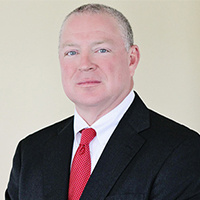Anderson County, SC White Collar Crime Lawyers
Sponsored Law Firm
-
 x
x

Click For More Info:
-
The Law Offices of Richard L. Cooper, P.A.
848 Brickell Avenue Suite 800 Miami, FL 33131» view mapDWI/DUI, Drug Trafficking, Felony Nationally Ranked Top 40 Under 40
With Richard L. Cooper you can expect a trusted confidant who will work diligently to fully understand your case and determine a road map to help you regain control of your life.
800-756-2781
Not enough matches for Anderson White Collar Crime lawyer.
Below are all Anderson lawyers.
Jennifer Spragins Burnett
✓ VERIFIEDMs. Burnett is a trial attorney who concentrates her practice in representing people who have been injured as a result of professional negligence, inc... (more)
Anthony Lee Harbin
Having worked at one of the largest law firms in the state as a defense attorney for six years, Mr. Harbin moved to Anderson in 1996 and began using h... (more)
Joseph David Standeffer
FREE CONSULTATION
CONTACTFREE CONSULTATION
CONTACTCharles William Hinnant
FREE CONSULTATION
CONTACT
 Richard L. Cooper Miami, FL
Richard L. Cooper Miami, FL AboutMiami Attorney at Law
AboutMiami Attorney at Law ServicesCriminal Defense
ServicesCriminal Defense


